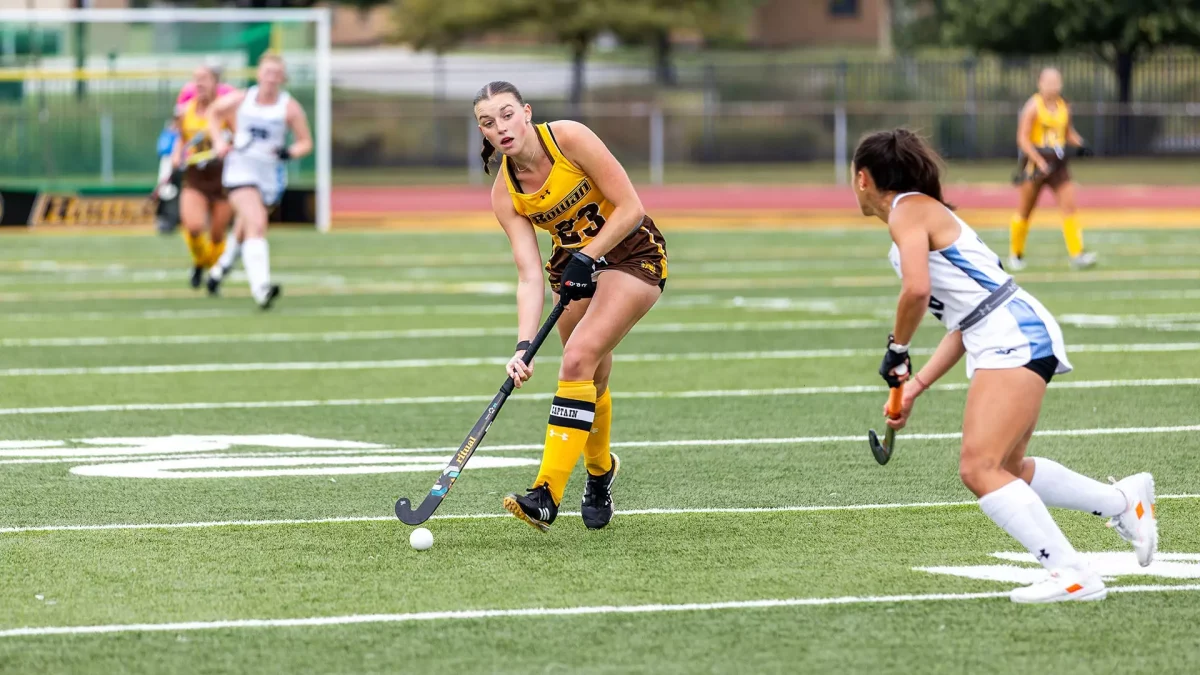For the vast majority of students across the country, academic advisors play a major role in their college experiences and success, offering counseling not only regarding class schedules and major requirements, but on topics centering around your future such as any career goals, personal challenges, and engagements with the community you are in. However, as universities continue to grow and expand, questions have risen about if there are too many students for advisors to handle.
Insight on this information from Gina Gondos, a senior academic advisor here at Rowan, combined with data from national surveys, expounds upon this potential issue.
Here at Rowan University, Gina Gondos advises 355 students, with 343 of those coming from the Radio, Television and Film (RTF) major, one coming from the newly established ESports major, while also assisting seven students enrolled in the Film/TV studies minor and four students in the Film/TV studies Certificate of Undergraduate Studies (CUGS) program.
“I absolutely love my role as senior academic advisor at Rowan. I take my job very seriously and thrive on watching my students grow and evolve as they progress through the major,” Gondos said.
This job does not come without its challenges, however, as due to her rather large caseload, she doesn’t always have time to meet with all who desire an appointment.
“Advising over 350 students, for me, is manageable, although it does have its challenges. To assist with caseload management, I will send email reminders to my students with any important information that I feel they would benefit from, such as registration dates/deadlines, add/drop/withdrawal deadlines, graduation information, etc. I take the time to make the emails as concise as possible so that I frontload the students with the information that they need,” said Gondos.
Gondos explained how quickly her email and calendar booked up with student questions and appointments.
“Oftentimes, my emails will generate numerous responses, but it lets me know that the students are reading my emails and asking relevant and pertinent questions related to their major and degree completion requirements—my calendar books up quickly with appointments, and I’m not able to see every student who wants to meet with me. When this happens, I encourage the students who can’t meet with me to email me with their questions so that I can get them answered asap,” Gondos said.
These emailed conversations often spark additional follow-up questions and answers that are an indication of the proactive nature of Gondos and other advisors on campus, despite any limitations that may be apparent due to heavy workloads.
Gondos’ advising of over 350 students exceeds the national average by a few dozen students. According to the 2011 NACADA National Survey of Academic Advising, the median caseload for full-time academic advisors is 296 students. In this particular survey, NACADA highlights the difference between prescriptive advising, focused on coursework and graduation requirements, and holistic advising, which addresses the student’s overall development, including career readiness, personal well-being, and campus engagement. Gondos exemplifies the latter through the creation and nurturing of meaningful relationships with her students and the encouragement of the exploration of additional opportunities and possibilities beyond the confinements of their specific major.
“I like to challenge my students to think beyond the major and consider a double major, minor, or CUGS to enhance their educational experience and assist in making themselves more marketable upon graduation. I also like to encourage my students to get involved with a club [or] activity at Rowan where they can network and use their classroom experiences in an external setting,” Gondos said.
As with any job, in any professional setting, a large caseload poses challenges, specifically when faced with the opportunity, or lack thereof, of any one-on-one time. In this specific case, students may feel as though they are irrelevant or may feel undeserving because of the lack of care they desire. However, through Gondos’ and others’ efforts to continuously provide students with the care they desire, an institution’s ability to provide both students and advisors with the proper support system plays a role in the quality of advising.
Rowan University provides students with additional resources like DegreeWorks, to further assist students specifically in their journey to graduation. While these efforts are appreciated by students and faculty alike, in programs with high enrollment, the addition of more advisors may be ideal.
“In some majors with a significantly higher number of students, yes, additional advisors would be ideal. But given that the university has implemented systems like DegreeWorks, students themselves are able to track their own academic progress and utilize tools within DegreeWorks, such as the What If, to prepare for upcoming registration,” Gondos said.
The NACADA survey as well as Gondos’ tenacious work ethic highlights the necessity of balance between quantity and quality when it comes to academic advising. With caseloads here at Rowan often exceeding the national average, there is a real chance of burnout from the advisors and an even bigger chance of a student feeling dissatisfied with the care, or lack thereof, they receive from their assigned advisor. Gondos’ example and the way she goes about advising a multitude of students which includes proactive communication, is one that faculty and other students can look up to as a positive.
“They tell me that they appreciate the information that I’ve shared with them and like that, I address my emails in the specific way that I do, as it makes them smile and know someone cares about them. They also tell me that they like the calm feeling of my office as it’s not cluttered and gives them space to talk freely and openly about concerns. Regardless of the number of students I advise, I always strive to give each and every student the best experience that I possibly can,” Gondos said.
The ultimate goal is to foster relationships with students, balancing the need for both academic success and eventual graduation, and also listening, guiding, and inspiring students in both their academic and personal lives, but also preparing them for professional success after graduation.
“In my opinion, students just want to be heard and listened to. They want someone who can be an advocate, as well as someone that they can rely on to give them the best advice, guidance, and support that they need. Students want us to be able to refer them to the appropriate offices, and resources, when/where needed,” Gondos said.
For comments/questions about this story DM us on Instagram @thewhitatrowan or email [email protected]

























































































































































!["Working with [Dr. Lynch] is always a learning experience for me. She is a treasure,” said Thomas. - Staff Writer / Kacie Scibilia](https://thewhitonline.com/wp-content/uploads/2025/04/choir-1-1200x694.jpg)











































